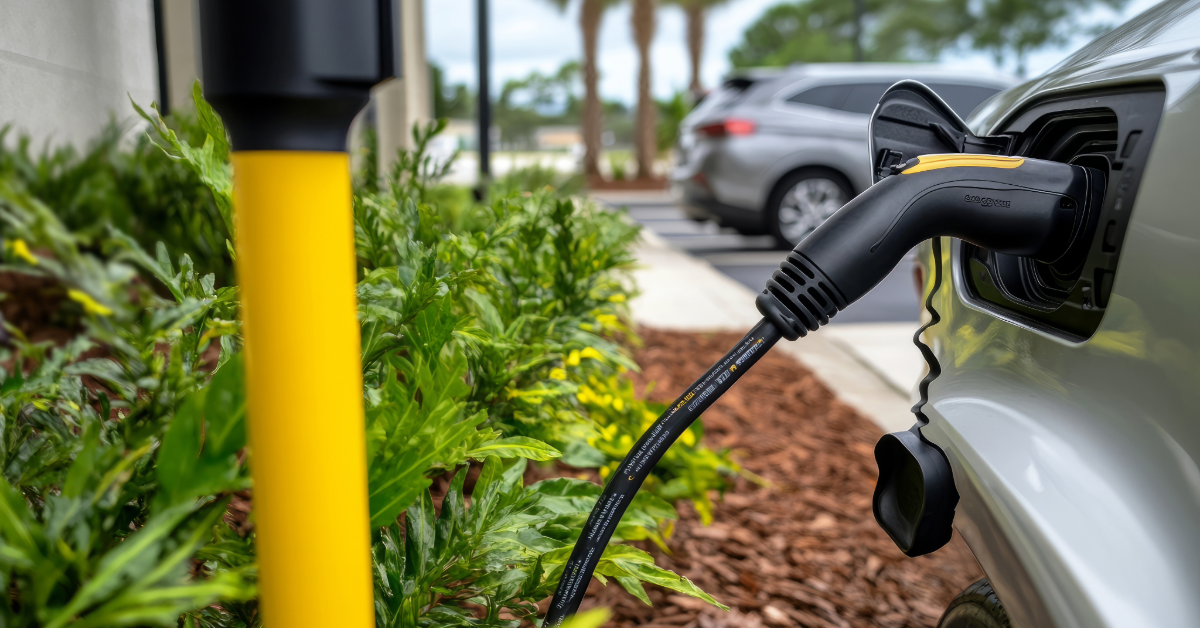Downtown Tampa Condos & EV Chargers: Are Your Panels Ready?
What I See in Tampa’s Condos Every Day
I’ve worked in many high-rise condos in Downtown Tampa, and one question comes up again and again: “
Can my condo panel handle an EV charger?”
Families are moving toward electric cars, but the truth is most condo electrical systems were never designed for this kind of load.
The Challenge of EV Chargers in Shared Buildings
Panels That Weren’t Built for Today’s Loads
Most condo panels were sized for basic appliances, HVAC, and lighting — not a 40-amp EV charger pulling power for hours every night.
If your condo was built more than 15 years ago, there’s a good chance the electrical infrastructure is already stretched thin.
Shared Service = Shared Stress
In a condo building, you’re not just thinking about your own unit. Your neighbors’ power needs add up.
When everyone starts adding EV chargers without planning, the building’s main service gets pushed past its safe capacity.
Warning Signs Your Condo Panel Isn’t Ready
Frequent Breaker Trips
If your panel already trips when you use your dryer, oven, or A/C, adding an EV charger will make the problem worse.
No Spare Breaker Space
Many condo panels are already full. Squeezing in a tandem breaker to “make room” isn’t safe and usually violates code.
Old or Underrated Panels
Panels under 100 amps or older than 20 years often can’t support a modern charger.
Some brands are even flagged by insurance companies as unsafe.
What I Recommend to Downtown Tampa Condo Owners
Start with a Load Calculation
The only safe way to know if your panel can handle an EV charger is with a proper load calculation.
I factor in every appliance, your HVAC system, and the charger demand to see if your service is up to the task.
Plan Ahead with Your Condo Association
Even if your unit’s panel can handle the charger, the condo’s main service might not.
Associations often need to plan upgrades or add EV-ready infrastructure. I’ve worked with condo boards to design shared solutions that protect the building’s entire electrical system.
Don’t Ignore Code and Safety Requirements
Florida Building Code requires EV charging circuits to be GFCI protected.
That means the wrong setup can cause nuisance trips or even fail inspections. Installing the right equipment the first time saves you time and money.
My Bottom Line for Tampa Condo Residents
I’m all for cleaner transportation, but EV chargers aren’t just plug-and-play — especially in Downtown Tampa condos.
If you’re serious about installing one, get your panel checked, get your load calculated, and make sure your building is ready.
The last thing you want is to find out during the summer A/C season that your system can’t handle it.
Learn more about our Residential Electrical services.


